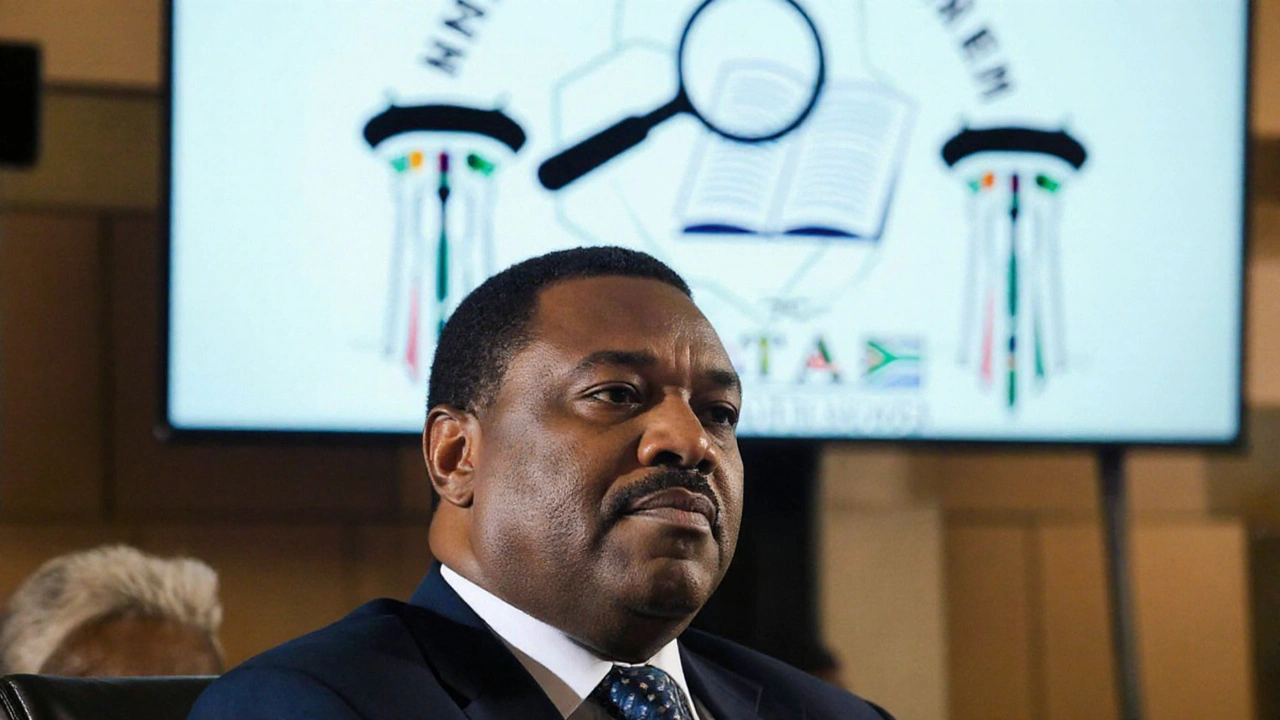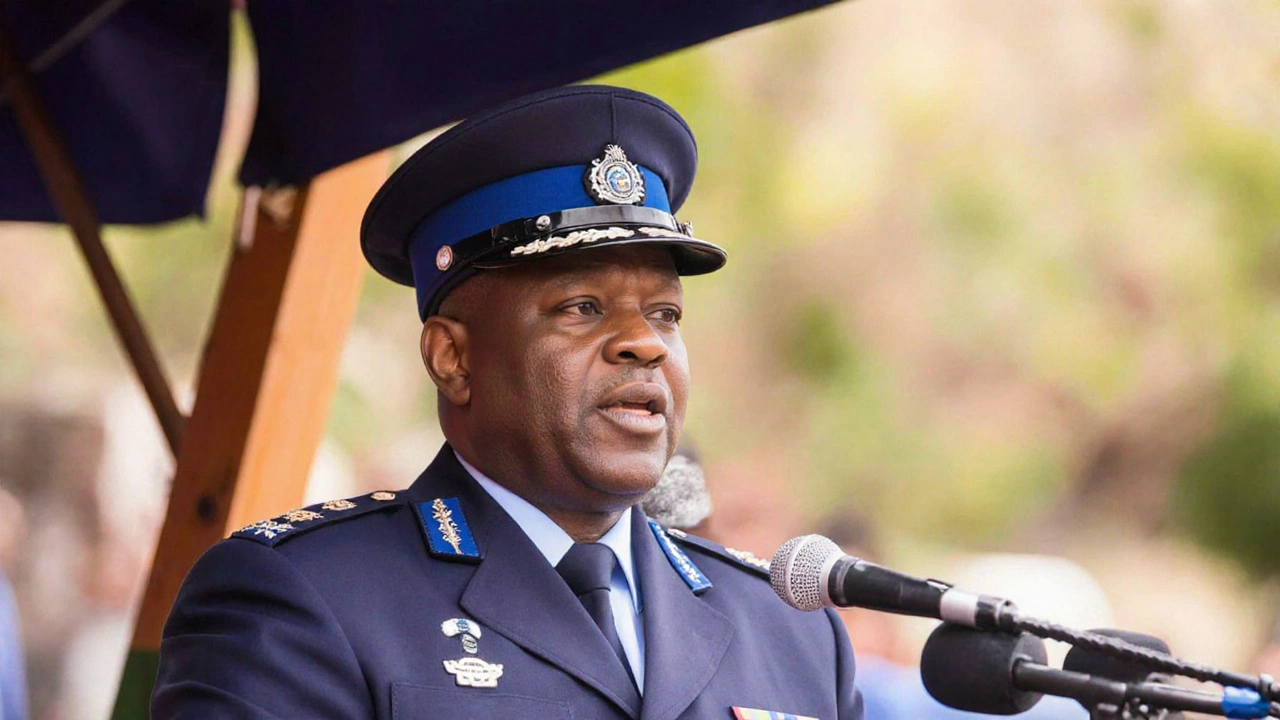Background and Key Allegations
When Deputy National Commissioner for Crime Detection Shadrack Sibiya took up his post in June 2023, he stepped into a SAPS already juggling a tough crime load and a series of high‑profile investigations. Within weeks, senior officials began to raise eyebrows about his appetite for reshuffling units that traditionally sit under the national commissioner’s direct control.
National Police Commissioner Fannie Masemola’s testimony at the Madlanga Commission laid out three flashpoints that set the stage for today’s controversy:
- His attempt to bring the cold‑case unit—long a direct reporting line to the commissioner—under his own umbrella, a move Masemola described as "unusual" and warned would distract him from core crime‑detection duties.
- His push to strip Crime Intelligence head Dumisani Khumalo of control over counter‑intelligence dockets, insisting detectives should handle them despite the dockets being classified as highly sensitive.
- His decision to pull 121 dockets from the KwaZulu‑Natal Political Killings Task Team (PKTT) and relocate them to SAPS headquarters in Pretoria, effectively parking ongoing investigations.
Each point reflects a pattern: Sibiya reaching for authority that, according to SAPS statutes, resides elsewhere. Masemola warned that hunting "a piece of hair from the tail of the elephant" would jeopardize the larger fight against crime, a metaphor that echoed through later testimonies.
Legal division head Major‑General Petronella van Rooyen reinforced the legal breach. She explained that the PKTT’s dockets are part of a provincial mandate, overseen by KZN Police Commissioner Nhlanhla Mkhwanazi. Moving them without his consent not only stalled investigations but also stripped the province of its ability to monitor and respond to political violence.
Van Rooyen also highlighted that the Police Minister, Senzo Mchunu, lacks the power to dissolve the task team, mirroring Sibiya’s lack of authority to shift the dockets. Both actions, she argued, amount to executive overreach that runs counter to the legislative framework governing SAPS.

Implications and Ongoing Inquiry
The Madlanga Commission of Inquiry was set up by President Cyril Ramaphosa after Lieutenant‑General Nhlanhla Mkhwanazi sounded the alarm on July 6, 2025, about criminal syndicates infiltrating South Africa’s justice system. The commission’s mandate now includes untangling the web of alleged political interference, corruption, and unchecked power within the police hierarchy.
Since the testimonies aired, Sibiya has been placed on leave and later formally suspended. The move underscores the seriousness with which the commission treats any hint of authority abuse, especially when it threatens the integrity of investigations into politically motivated killings.
Observers note that the fallout could reshape SAPS’s internal governance. If the commission finds that senior officials can unilaterally divert investigations, there may be calls for stricter oversight mechanisms, clearer delineation of provincial versus national powers, and perhaps legislative amendments to close loopholes.
Meanwhile, the PKTT remains in a precarious position. With the 121 dockets now sitting in Pretoria, local investigators are left scrambling to regain access, and victims’ families worry about delays in justice. The province’s police commissioner, Nhlanhla Mkhwanazi, has pledged to cooperate fully with the commission, emphasizing that any interference must be uncovered and corrected.
Beyond the immediate scandal, the saga raises broader questions about how political pressures can seep into law‑enforcement agencies. The Madlanga Commission’s findings will likely influence public trust in SAPS and could set a precedent for holding high‑ranking officers accountable for overstepping their remit.

